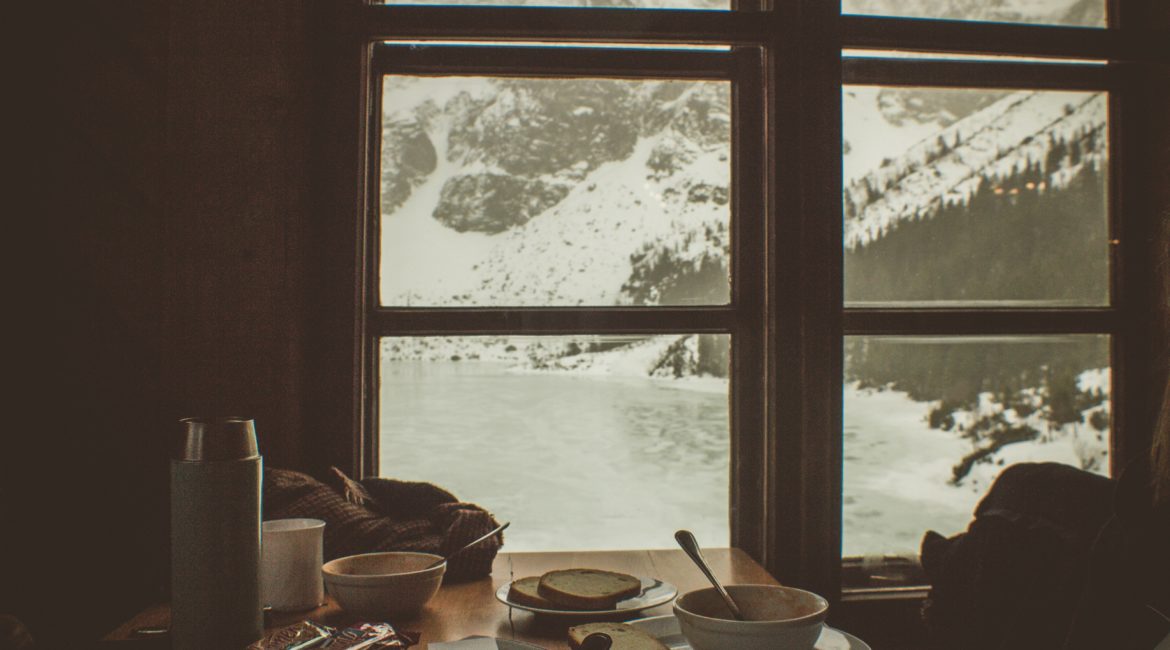It feels strange to think back to ringing in 2020 — there wasn’t a second thought granted to enjoying a large crowd in a celebratory atmosphere, buying a day planner just waiting to be filled in, or anticipating concerts and travel. These otherwise normal parts of life have been put on an indefinite pause as the world continues to navigate the challenges of a modern pandemic, and while this atmosphere won’t last forever, there are still plenty of questions lingering on how to proceed in the meantime.
The travel and hospitality industries, in particular, are working overtime to adapt and make guests feel as safe as possible. As lockdowns have started to lift across the country and people cautiously venture back into the world, many people are (understandably) itching for a change in scenery. Revinate recently reported that 73% of travelers still plan to travel within the next year, and since 40% of worldwide travelers reportedly cancelled a trip since the arrival of the coronavirus (with 27% reporting postponed travel), it’s clear that people are searching for safe ways to adapt plans rather than wait for the state of the virus to change completely.
From March to May, domestic travel in the United States memorably ground to a halt. Prior to this period, flight numbers averaged about 2 million travelers a day — when compared to the post-pandemic stat of 100,000 a day (just 5% of the former forecast), the difference is more stark than ever before.
While a road trip may be safer than time spent on a bus or the subway, which may in turn be marginally safer than taking a flight, the unfortunate truth is that there isn’t currently a completely safe mode of travel. Staying home is still the only way to guarantee a 0% chance of contracting or spreading the virus. With that in mind, though, those who are planning to travel nonetheless are trying to do so with care, and 68% of travelers planning to stay in a hotel throughout their travels saying they would feel more comfortable staying in a hotel they’ve stayed at in the past.
Those hoping to minimize contact to an even greater extent are considering Airbnbs instead of hotels, despite Airbnbs stricter cancellation policies aimed at diminishing losses in revenue for Hosts — hosts on the platform now have the option to set a listing as nonrefundable, with only cleaning fees promised in the case of cancellation should a potential traveler choose to cancel the trip after booking. Most check-ins with Airbnb have historically been minimal on contact, but almost all properties have now transitioned to a contactless setup.
For anyone hoping to scratch the travel itch right now, location options are quite limited as travel restrictions persist both domestically and abroad. Only eighteen countries in the world are accepting American travelers right now, and state-by-state travel often involves agreeing to a two-week quarantine period prior to a trip or upon returning, depending on the severity of cases in a traveler’s home state.
Tourism and travel in the U.S. is a 1.6 billion dollar industry, and while this number will invariably shift going forward, businesses in this sector will work to maintain operations however possible. So for now, if and when you travel: buckle up, but more importantly, mask up.

